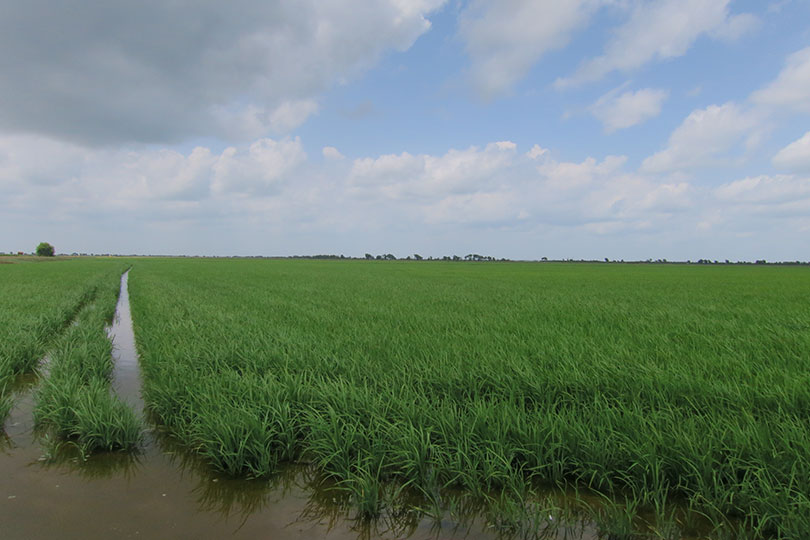By Shelby Shank
Field Editor
India recently placed a ban on long grain rice, excluding basmati and parboiled rice, in an effort to fight domestic food inflation.
The latest ban on rice exports will likely help U.S. rice exporters in the short term by driving up global prices, according to USA Rice Federation Vice President of Policy and Government Affairs Peter Bachman.
But the long-term impact will cause challenges and lower prices for U.S. rice farmers when India later sells its stocks of rice on the international market.
“This is just another example of India playing games with global food security, citing concerns over domestic supplies despite tens of millions of metric tons in government stocks in addition to what’s stored privately,” Bobby Hanks, chair of the USA Rice Federation’s International Trade Policy Committee, said. “With this action, India can quickly build more stocks that they’ll eventually dump back on the world market at dirt cheap prices and continue this cycle again.”
India is the world’s leading rice exporter, accounting for 40% of the global rice trade.
Bachmann expects major rice exporters like Vietnam to shift their exports to affected importers like Africa. This would allow U.S. exports to regain market share temporarily.
“We see this as a short-term positive for U.S. exports, a negative for global food security, and then a long-term problem for the horrible cycle of India building stocks way up and then dumping on the world market the same way China’s done with cotton in the past,” Bachmann said.
India’s ban also will force other rice-exporting countries to try to make up for the roughly 20 million tons India exports annually.
Bachmann noted U.S. rice farmers wouldn’t have an issue with India’s ban if the county would hold on to its stockpiled rice.
“If they’re stockholding to keep it there for people to eat and it’s a closed system…that’s fine,” Bachmann said. “Subsidize all you want, but don’t dump it.”
India’s rice ban will add large quantities of cheap grain to the international market and ultimately push down prices American farmers get for their crop.
Earlier this month, India removed retaliatory tariffs on selected U.S. agricultural products, including apples, walnuts, almonds, chickpeas and lentils.
India is America’s thirteenth largest trading partner, exporting roughly $2.4 billion a year of agricultural products.

